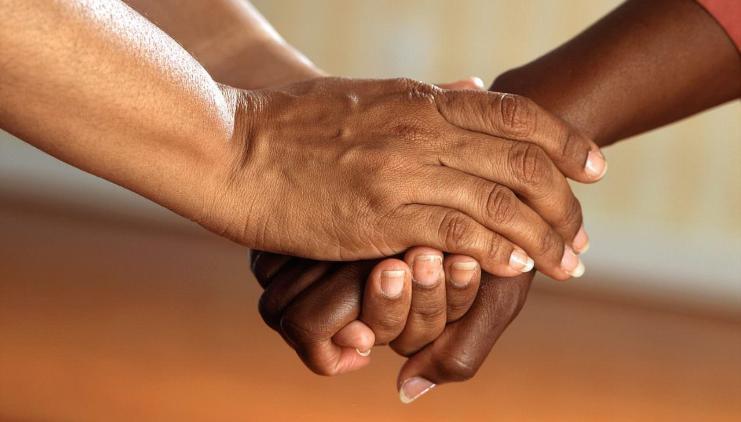Establishing safety and organising emergency assistance
In the event of a recent incident of sexual assault, determine if there is any immediate danger, or if the person needs immediate medical/Police/Emergency Services assistance.
Emergency response to a critical incident involving Sexual Assault
- If OFF campus: call Triple Zero (000) for Police and/or Ambulance. Always call Triple Zero (000) in situations where a life is in danger, a crime is taking place, or when the situation is critical.
- An emergency translation service is available on 1300 655 010 Website: TIS
If on any UOW campus - call UOW security 4221 4900 (24 hours a day). Advise Security if police and/or ambulance are required.
If you, or the person you are supporting, have the app, you can use it to contact the UOW Security team. Security will know your location on campus, respond to you and organise assistance from emergency services. If you are outside of the SafeZone, the app will prompt you and tell you. You can make a triple zero 000 telephone call as prompted.
Listen and support
It can be daunting to hear someone disclose a sexual assault or details of sexual harassment. Find a quiet safe place so that you can listen to the person. Remain calm and attend to what is being said. Listening without judgment can make a real difference. It is okay to take a moment to gather your thoughts before saying anything. Try not to ask too many questions about the incident.
Sexual assault and sexual harassment is an abuse of power usually involving intimidation over another person. Speaking clearly, calmly and compassionately can assist the person to feel safe.
Use encouraging words and phrases that avoid judgment and show support.
Consider the following phrases:
- "I'm sorry this happened." Acknowledge that the experience has had an impact. Phrases like "This must be really tough for you,"and, "I'm so glad you are sharing this with me," helps to communicate empathy.
- "It's not your fault." Remind the person you are supporting, maybe even more than once, that they are not to blame.
- "I believe you." It can be extremely difficult to disclose sexual assault or harassment. The person disclosing may be concerned that you won't believe them.


